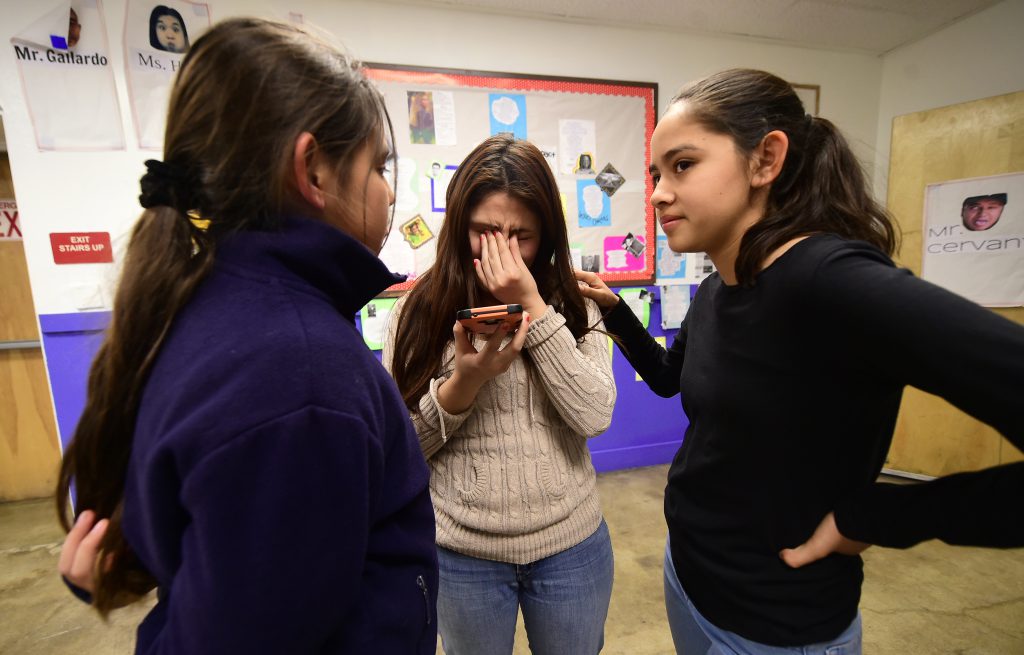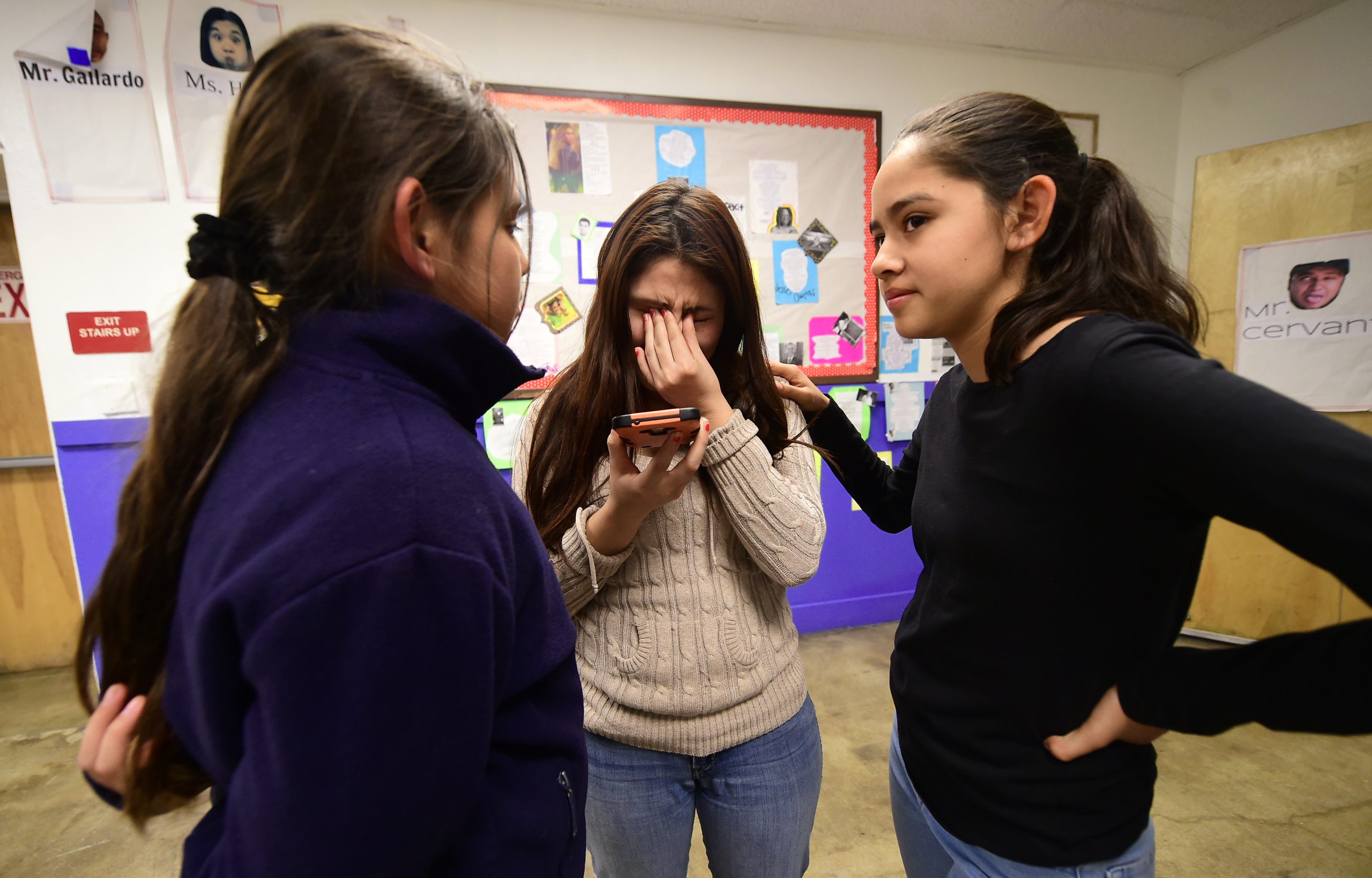Ron DeSantis, the Governor of Florida, signed a legislation on Monday, as per NBC News, which will prevent individuals under the age of 14 from accessing social media platforms within the state. The report indicates that individuals aged 14 or 15 will require parental consent to join such platforms.
The bill, known as HB3, also mandates social media companies to remove existing accounts held by individuals under the age of 14. Failure to comply could result in legal action against the platform, with potential damages of up to $10,000 awarded to the minor, as outlined in the bill.
Companies found to be breaching the law would face potential penalties of up to $50,000 per violation, alongside attorney’s fees and court expenses.
During the bill-signing event, DeSantis commented, “Ultimately, [we’re] trying to help parents navigate this very difficult terrain that we have now with raising kids, and so I appreciate the work that’s been put in.”
Previously, DeSantis vetoed a stricter iteration of the bill, which aimed to prohibit social media usage for individuals under 16. This version also required Florida residents to furnish an ID or other forms of identification to access social media platforms.
Scheduled to be implemented in January 2025, HB3 emerges amidst escalating efforts nationwide to regulate social media, driven by parental concerns regarding insufficient online safety measures for their children.
In December, over 200 organizations penned a letter urging Senate Majority Leader Chuck Schumer, D-N.Y., to prioritize a vote on the Kids Online Safety Act (KOSA). This legislation aims to establish liability, or a “duty of care,” for apps and online platforms that recommend content potentially detrimental to minors’ mental well-being.
In January, lawmakers extensively questioned CEOs from TikTok, X, and Meta on issues of online child safety. The tech leaders reiterated their dedication to child protection, highlighting various tools as proactive measures to combat online exploitation.
Advocates of the new law, including Florida House Speaker Paul Renner, argue that social media use can adversely impact children’s mental health and expose them to potential communication with sexual predators.

“In matters concerning social media, none of us can remain bystanders,” stated Renner during the bill signing event.
States such as Ohio and Arkansas, which have implemented comparable laws aimed at restricting teen social media usage, have encountered opposition from NetChoice LLC, a coalition representing social media platforms including Meta, Google, and X, among others.
Legal challenges are anticipated for Florida’s law, with claims asserting violations of the First Amendment likely to be raised.
Carl Szabo, vice president and general counsel for NetChoice, expressed disappointment over Governor DeSantis’ endorsement of this approach, labeling the law as “unconstitutional” in an email statement.
“We are disappointed to see Gov. DeSantis sign onto this route,” stated Szabo, adding, “There are better ways to ensure the safety and security of Floridians, their families, and their online data without infringing upon their freedoms.”
Both DeSantis and Renner acknowledged the potential legal obstacles that lie ahead in their remarks.
Renner emphasized the bill’s compliance with the First Amendment, stating, “You will not find a line in this bill that addresses good speech or bad speech because that would violate the First Amendment.” He clarified, “We’ve not addressed that at all. What we have addressed is the addictive features that are at the heart of why children stay on these platforms for hours and hours on end.”
Renner singled out NetChoice, asserting, “We’re going to beat them, and we’re never ever going to stop.”
Contrarily, DeSantis defended the constitutionality of the bill.
“If I perceive a bill as unconstitutional, I consistently veto it,” he stated. Describing the bill as “a fair application of the law and Constitution.”




